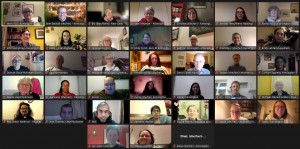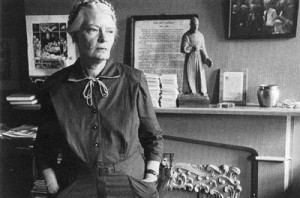
Sermon #63 (4th September 2022 at Essex Church / Kensington Unitarians)
It’s that time of year again. Even if you’re not personally going ‘back to school’ this week – even if nobody in your house is gearing up to return (and there’s not been a last-minute dash to buy a new school uniform) – there’s a certain back-to-school feeling that descends on most of us in September. Perhaps, like Vanessa Rush Southern in the reading Lucy gave for us earlier, you’ve been minding your own business in Tesco or WHSmith when, under the influence of a ‘Back-to-School’ display, you’ve suddenly become overcome by a pressing urge to get yourself a new pencil case or a lunch box. These rituals which mark a new school year, a new start, suggest ‘all is new and all things are possible again’.








